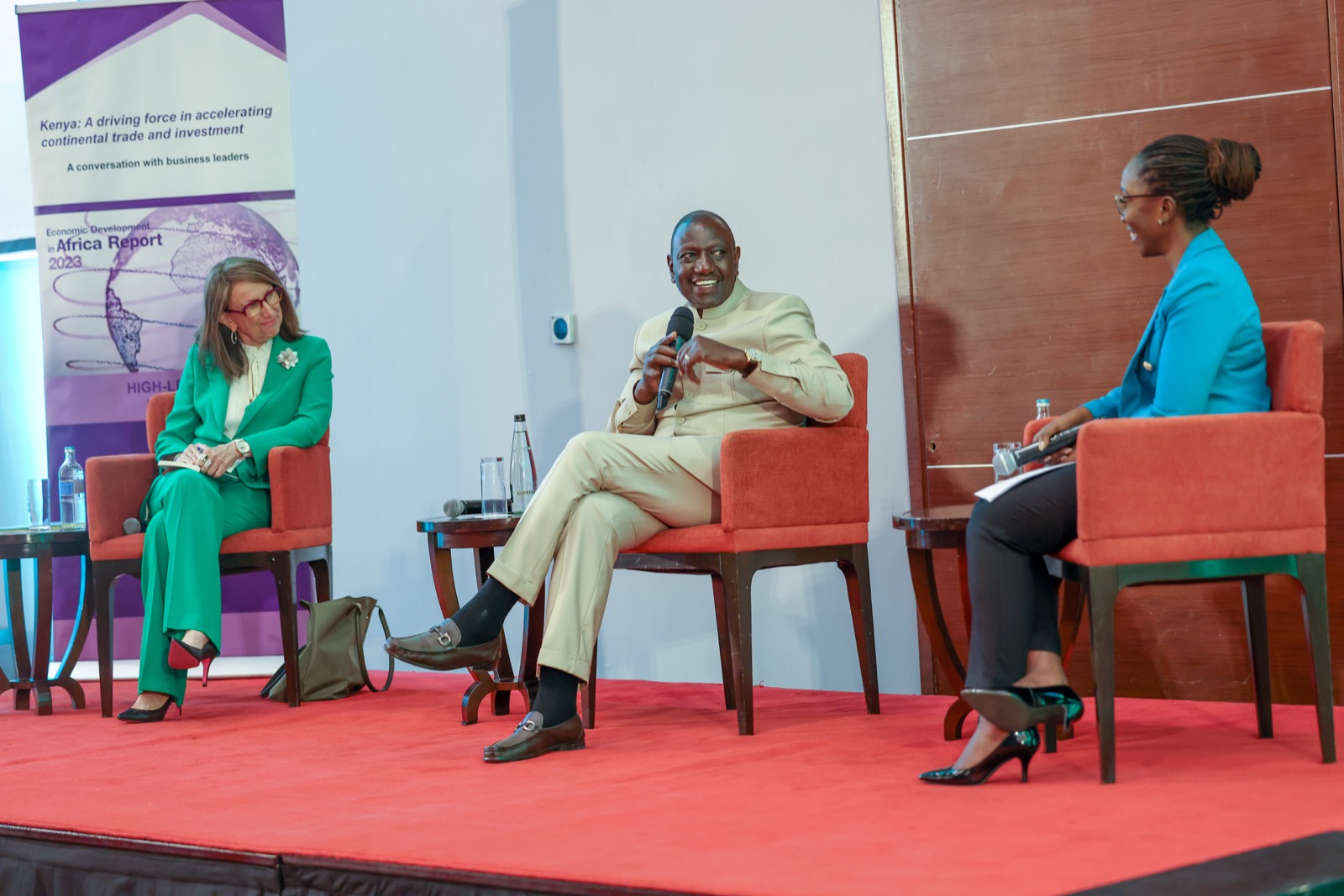The United Nations Conference on Trade and Development(UNCTAD) has called out development partners for unfair and biassed loaning practices towards African countries.
According to the body, these practices put African countries in a disadvantaged position, forcing them to pay interest rates that are 8 times higher than what developed countries pay.
This disparity in lending has hindered African countries from making substantial progress towards the achievement of the Sustainable Development Goals.
The excessive funds that go towards debt repayment are more than what goes to healthcare and education, further worsening the challenges faced by these nations.
Speaking during the launch of the economic development in Africa Report 2023 Rebeca Grynspan, the UNCTAD secretary general stated that these practices make it impossible for Africans to develop.
“It doesn’t make any sense that a developing country, African, is paying 8 times the rate that European countries are paying for this and that. Can I really do what I have to do, paying 8 times more for the financial resources that I need?” Grynspan stated.
She further added that western credit rating companies rate African companies unfairly, compared to their Western counterparts, worsening their negotiating power when it comes to acquiring the loans.
“The perception of risk of the international investors with respect to our countries is distorted by perception, and not necessarily the basics of economics. The rating agencies do not help,” Grynspan said.
UNCTAD Blueprint for Transforming Africa
In their report, UNCTAD unveiled a roadmap on how to transform African countries into a global supply chain hub.
“African economies can become major participants in global supply chains by harnessing their vast resources of materials needed by high-technology sectors and their own growing consumer markets.
“This is Africa’s moment to bolster its position in global supply chains as diversification efforts continue.
It’s also an opportunity for the continent to strengthen its emerging industries, foster economic growth and create jobs for millions of its people,” the report read.
They further recommended that African countries should leverage on the African continental free trade area agreement, to open up supply routes within the continent.


